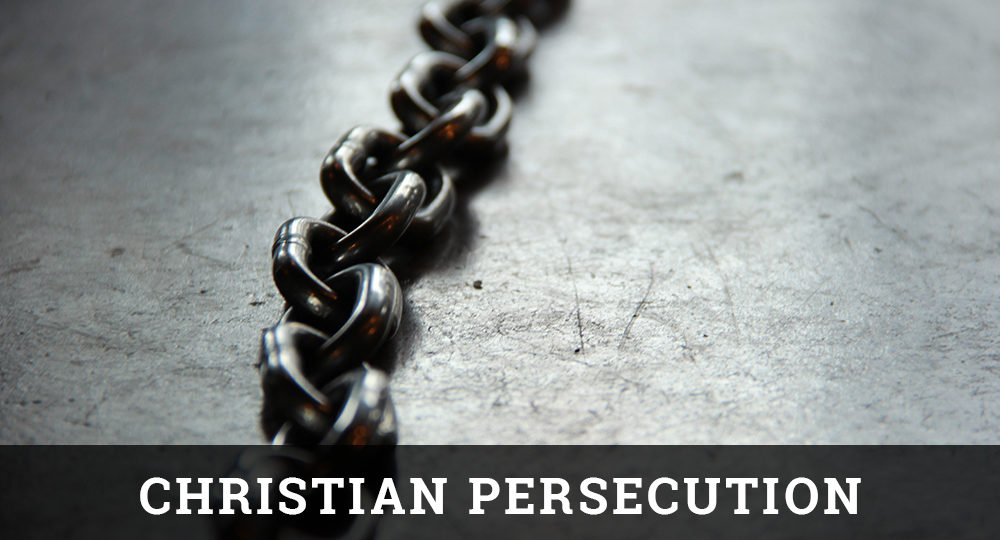They Cry in Silence Mar/Apr 2005
For most people, coming home to family, friends, and loved ones is a cherished privilege. In the West, where physical persecution for our faith is virtually unknown, it is something we take for granted. but for our brothers and sisters in other parts of the world, where Christians endure severe persecution, coming home can be anything but happy.
In Indonesia, a number of refugees tried to return home recently, only to find that their homes and churches had been destroyed, lost to them forever.
Not only did they discover that others now occupy what’s left of their houses, businesses, and lands, but they found they are no longer welcome in the towns and villages they had called home for decades. They and their children are being forced to make new lives for themselves somewhere else. This means starting at the bottom and building from nothing—not an easy task for Christians in hostile environments.
The situation is no better for thousands in Africa who have been terrorized, slaughtered, and driven from their homes by marauding bands of Muslim radicals who specialize in murdering, raping, and torturing believers.
Nigeria was once a land divided between Christians and Muslims, affording a tolerable measure of freedom for Christians to live, practice their faith, and evangelize without undue fear or intimidation.
All that has changed. On December 1, 2004, police arrested 10 Muslim militants for attacking a team of Christian evangelists. Two people were killed and many others injured. The team was deemed guilty of conducting an open-air evangelistic event. To their credit, a number of Muslim bystanders came to the evangelists’ aid and fought the attackers. A representative of the Christian Association of Nigeria said this was the second unprovoked attack in 2004.
But street preachers are not the only targets in this unrelenting war to drive Christianity from the African continent. In the town of Keffi, Nigeria, Muslim militants threatened to kill Christian nurses serving there unless the nurses discontinued their worship services. Compass Direct, a Christian news service, reported that the nurses, serving with the Fellowship of Christian Nurses, received a clear message via a letter delivered to the hospital’s management: “We are making it abundantly clear that our thirst for your heads/blood is mounting daily if you continue with your worship services in the hospital unabated.”
Unfortunately, the warning accomplished its goal. Worship services were curtailed in the interest of safety for the nurses and medical team.
The death toll for Christians in Nigeria and other African countries continues to mount. Homelessness is becoming a serious problem. And the situation is not moving toward a satisfactory resolution.
For the thousands of believers who have lost their homes and livelihoods, there is still nowhere to go. And we must ask ourselves, Where can they turn for help? Evidently, it is not to the men who occupy the world’s statehouses or frequent the corridors of the United Nations.
We cannot but be reminded of the plaintive cry rising from the pages of the sacred Book:
Is it nothing to you, all you who pass by? Behold and see If there is any sorrow like my sorrow. (Lam. 1:12).
The question is, What are we going to do about it?







